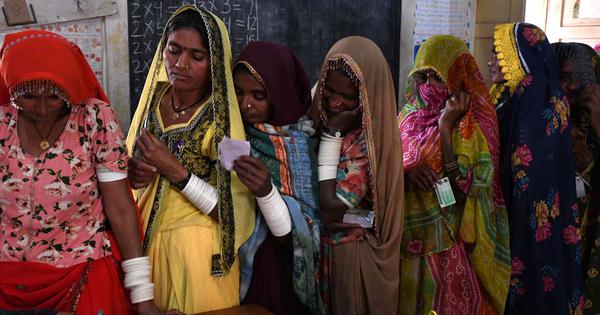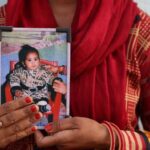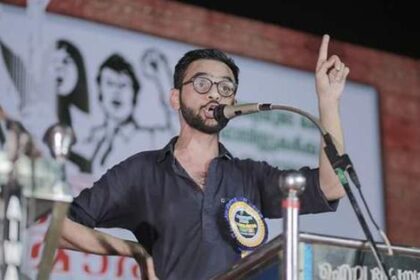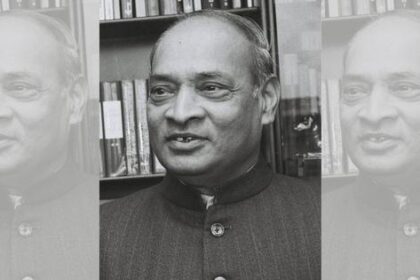Insights from SY Quraishi on the complexities and resilience of democracy in South Asia.
The democratic landscape of South Asia presents a complex mix of paradoxes, contradictions, and resilience. This region has faced threats to democracy from various forces, including fascistic majoritarianism, military authoritarianism, and theocratic repression. Despite these challenges, democracy has never been entirely extinguished. Countries like Afghanistan, India, Pakistan, Bangladesh, and the Maldives exhibit different forms of governance, yet they have all managed to resist totalitarian regimes at critical junctures in their histories. This ongoing struggle for democratic renewal indicates a political vitality among the people of South Asia, highlighting the unfinished business of democracy itself.
Democracy in this region is not a static ideal but a dynamic, often conflict-ridden pursuit of dignity, representation, and justice. The South Asian experience offers valuable lessons in how democracy can flourish in environments marked by poverty, illiteracy, and social hierarchies—conditions typically deemed unfavorable for democratic norms. These lessons reveal that even battered institutions can recover through civic resistance and political innovation. It is crucial to recognize that the threat of authoritarianism does not emerge overnight; rather, it is a gradual erosion that necessitates vigilance, reform, and inclusive governance as safeguards.
A comprehensive portrayal of democracy in South Asia must include an examination of the hierarchies that shape daily life and influence political participation. Caste functions as a governance system, determining leadership roles, public voice, and access to justice. This hierarchical structure, visible in countries like India and Nepal, and present in different forms in Pakistan and Bangladesh, dictates who is protected by the law and who remains invisible. While electoral successes and constitutional provisions have made some progress for marginalized groups, deeper societal structures continue to hinder meaningful change.
The path forward is not obscure; each South Asian country possesses existing laws and reform initiatives that, if genuinely pursued, could begin to alter the status quo. However, political will has been lacking. Caste should be treated as a political issue rather than merely a social one. Effective reform requires the enforcement of anti-discrimination laws, land redistribution, independent monitoring of representation in public institutions, and significant investment in education and healthcare for historically marginalized communities.
Furthermore, the political parties, which are essential to advancing representative politics, also require reform. Building democratic societies necessitates the establishment of democratic parties that prioritize listening over commanding, renewal over replication, and welcome challenges rather than resist them. The legitimacy of democracy in South Asia hinges on whether political parties can embrace self-democratization driven by conviction rather than mere external pressure.
The health of political parties and the overall vibrancy of democracy are influenced by the surrounding ecosystem of ideas, dissent, and debate. Unfortunately, this ecosystem is increasingly under threat. The media, which should serve as a watchdog and a pillar of accountability, has become a battleground of fear and misinformation. This degradation not only endangers journalists but also gradually isolates citizens from the essential facts and discussions required for informed democratic choices.
The future of democracy in South Asia relies significantly on the ability to rebuild a civic world characterized by pluralism, independence, and fearless media. Achieving this requires more than legal reforms; it demands political courage to dismantle propaganda systems, confront digital authoritarianism, and invest in public institutions that uphold information integrity. Additionally, it calls for innovative journalism models that emphasize community engagement and amplify marginalized voices. To ensure democracy transcends the mere act of voting, it must reclaim its essence within public discourse, a process that begins with the courage to speak and listen openly.








